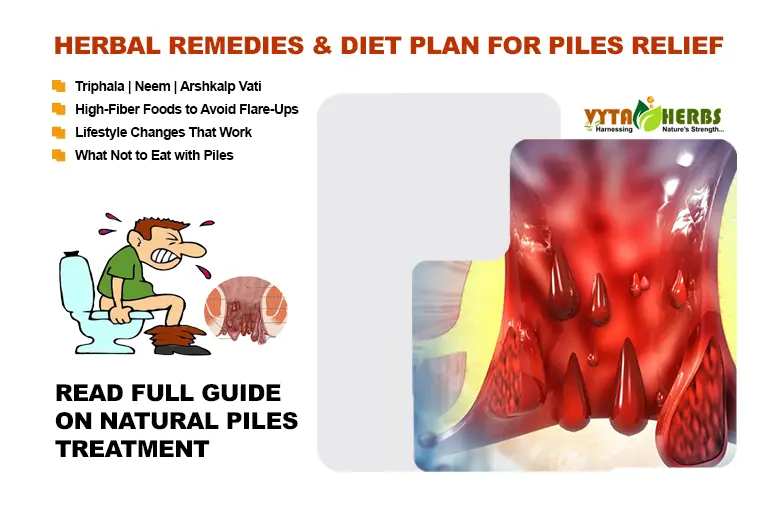In the fast-paced world we live in today, maintaining a balanced diet has become more challenging than ever. A decade ago, most of us didn’t think twice about needing multivitamins as a daily supplement, but the landscape of nutrition has changed dramatically. With modern lifestyles, environmental changes, and evolving dietary habits, multivitamin tablets and nutritional supplements have become a necessity rather than an option.
1. Lifestyle Shifts: Busier Schedules, Poor Nutrition
Life has only gotten faster, with people juggling more responsibilities, often sacrificing nutrition for convenience. Unlike 10 years ago, when many of us cooked fresh meals at home, today’s reliance on fast food, processed snacks, and packaged meals means we’re missing out on essential vitamins and minerals. Multivitamins help fill that gap, ensuring our bodies get what they need to function optimally.
2. Decreased Nutritional Value in Food
The fruits and vegetables we consume today are not as nutrient-dense as they were a decade ago. Factors like soil depletion, over-farming, and longer food transportation times have led to a reduction in the vitamins and minerals naturally found in fresh produce. A multivitamin ensures that you’re not short-changed on essential nutrients, even if your food is lacking.
3. Increased Stress and Its Impact on Health
With the digital era came increased stress from constant connectivity, work-life imbalance, and the pressures of modern living. Stress depletes key nutrients such as B vitamins and magnesium from our bodies, which are vital for energy production and mental well-being. Multivitamins offer a quick and effective way to restore those depleted resources, helping you maintain both physical and mental health.
4. Environmental Changes: Pollution and Toxins
Environmental pollutants and toxins have skyrocketed in the last decade. These factors directly impact our health, causing inflammation and oxidative stress in the body. Vitamins like C, E, and zinc, found in multivitamins, are powerful antioxidants that help protect the body from these harmful effects and promote overall immunity.
5. Dietary Restrictions and Specialized Diets
With the rise of plant-based diets, keto, gluten-free, and other specialized diets, many people are unknowingly missing out on crucial vitamins and minerals. A decade ago, these diets weren’t as widespread. Now, with more individuals adopting restrictive eating habits, it’s more important than ever to take multivitamins to ensure that nutritional needs are met.
6. Aging Population and Preventive Health
As people are living longer, the focus on preventive health has grown. Older adults especially need more vitamins and minerals to maintain bone health, cognitive function, and immunity. While this wasn’t as prevalent a concern a decade ago, today, maintaining a proper intake of essential vitamins can help prevent age-related deficiencies.
Conclusion:
While multivitamins may not have been a staple in everyone’s diet ten years ago, today’s world demands that we pay closer attention to our nutritional intake. From decreased food quality and environmental stressors to evolving diets and lifestyles, the need for supplementation has grown. Multivitamins provide a convenient, reliable way to ensure we’re getting the nutrition our bodies need to thrive in the modern age.
Don’t wait for a nutritional deficiency to impact your health—start taking a high-quality multivitamin today to support your body’s needs in the ever-changing modern world.







